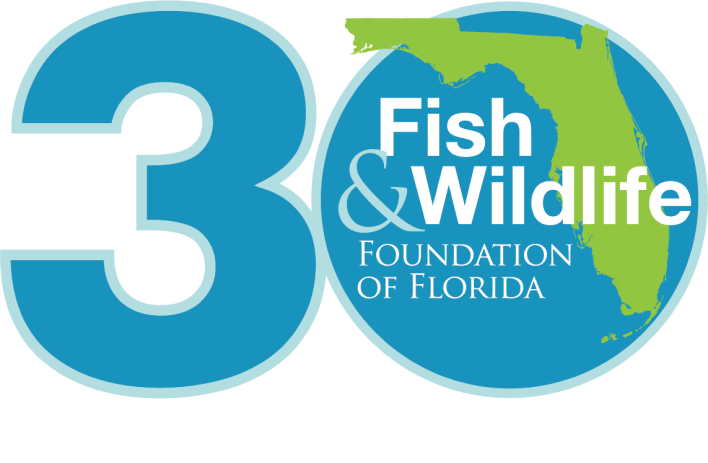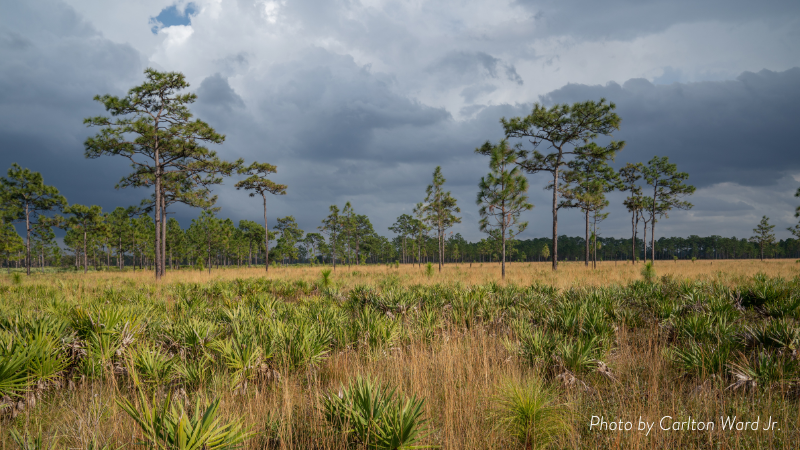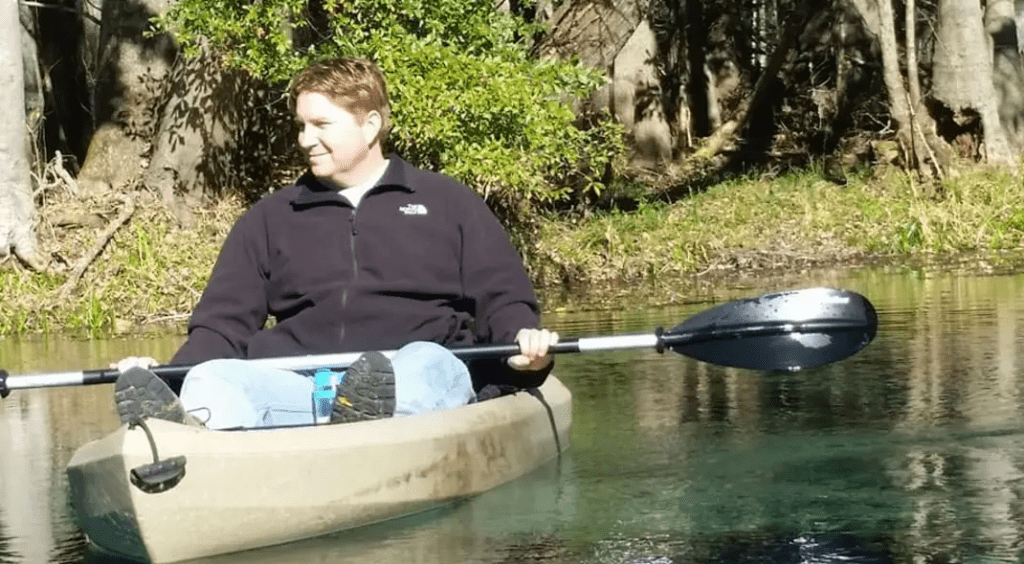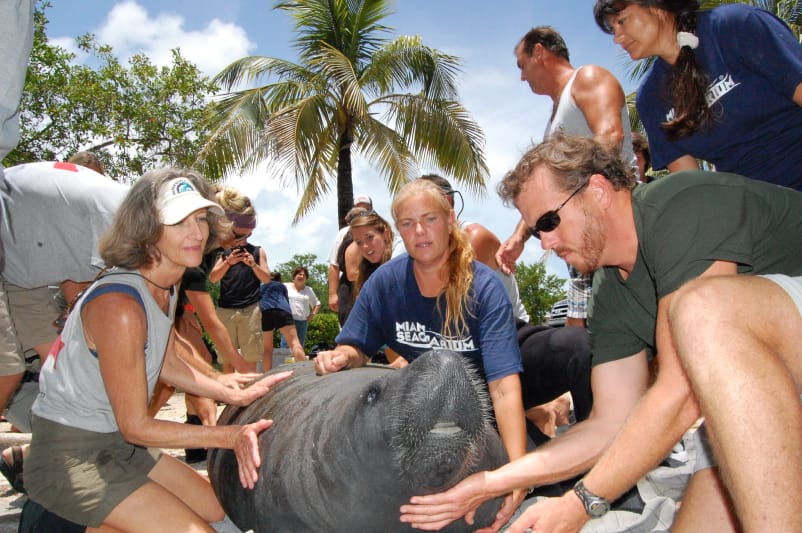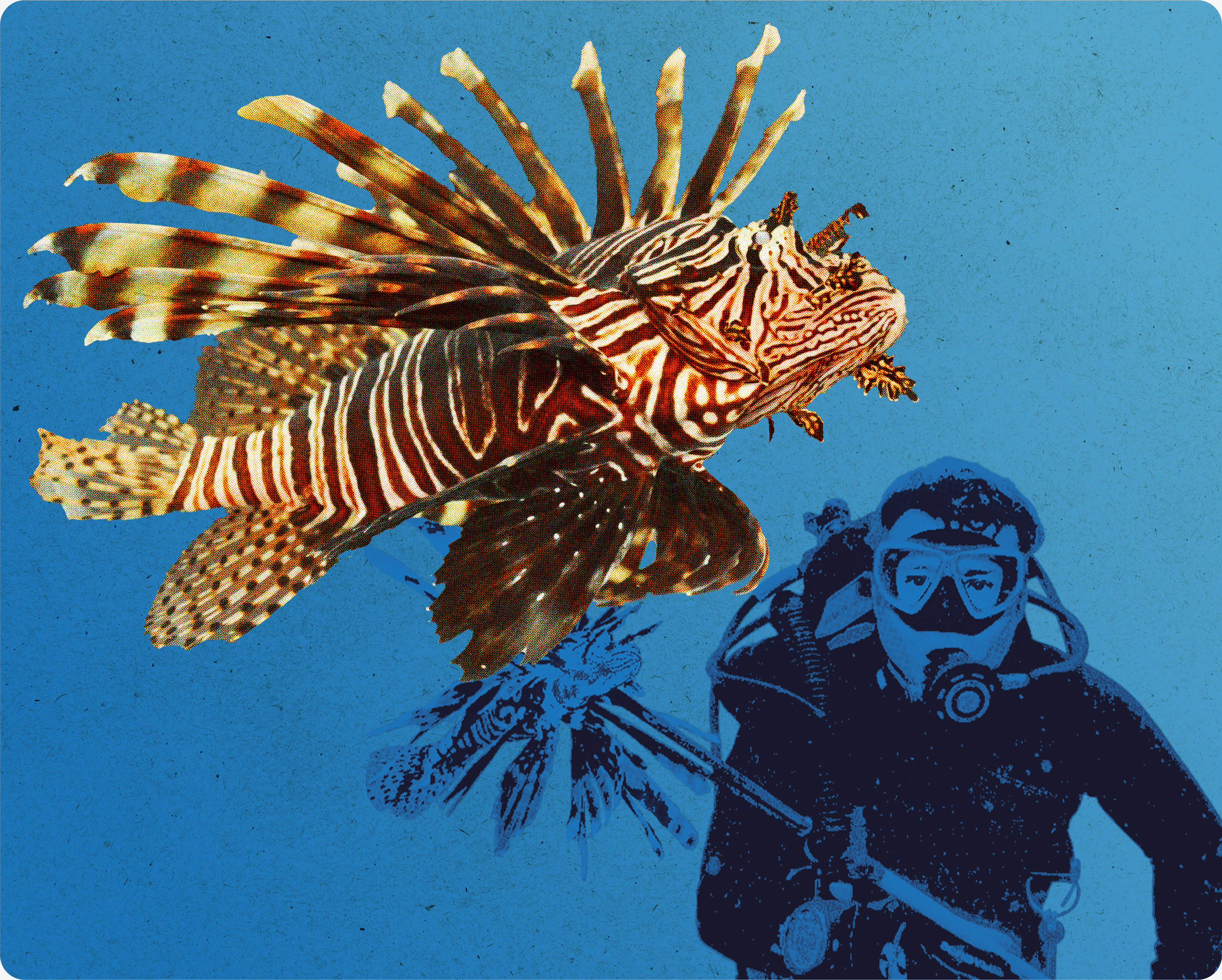
Lionfish, an invasive species in Florida, pose a significant threat to the state’s marine ecosystems. Originally from the Indo-Pacific, these voracious predators have no natural enemies in Florida waters, allowing their populations to explode. Lionfish prey on a wide variety of native fish and invertebrates, disrupting local food webs and competing with native species for resources. Their presence on Florida reefs and hardbottom habitats can lead to declines in native fish populations, affecting the overall health and biodiversity of these ecosystems.
In response, our Foundation funded a FWC project in 2013 to manage the lionfish population in the Florida Keys. This ambitious effort assessed the level of effort required to control lionfish on hardbottom habitats and understand the ecological impacts where removal efforts do not occur.
The study revealed that lionfish tend to favor complex reef structures with overhanging features, which facilitate their ambush predation strategies, primarily during early morning hours. Researchers also learned that monthly removals were effective in controlling lionfish populations at specific sites. While more frequent removals (weekly or bi-weekly) kept lionfish numbers very low, monthly efforts were sufficient to prevent populations from returning to pre-removal levels. Interestingly, lionfish were found to recolonize more quickly at greater depths, yet these activities did not significantly affect local fish communities.
Thanks to the study, a multifaceted approach to managing lionfish in the Florida Keys gained valuable insights, benefitting the entire marine ecosystem.
